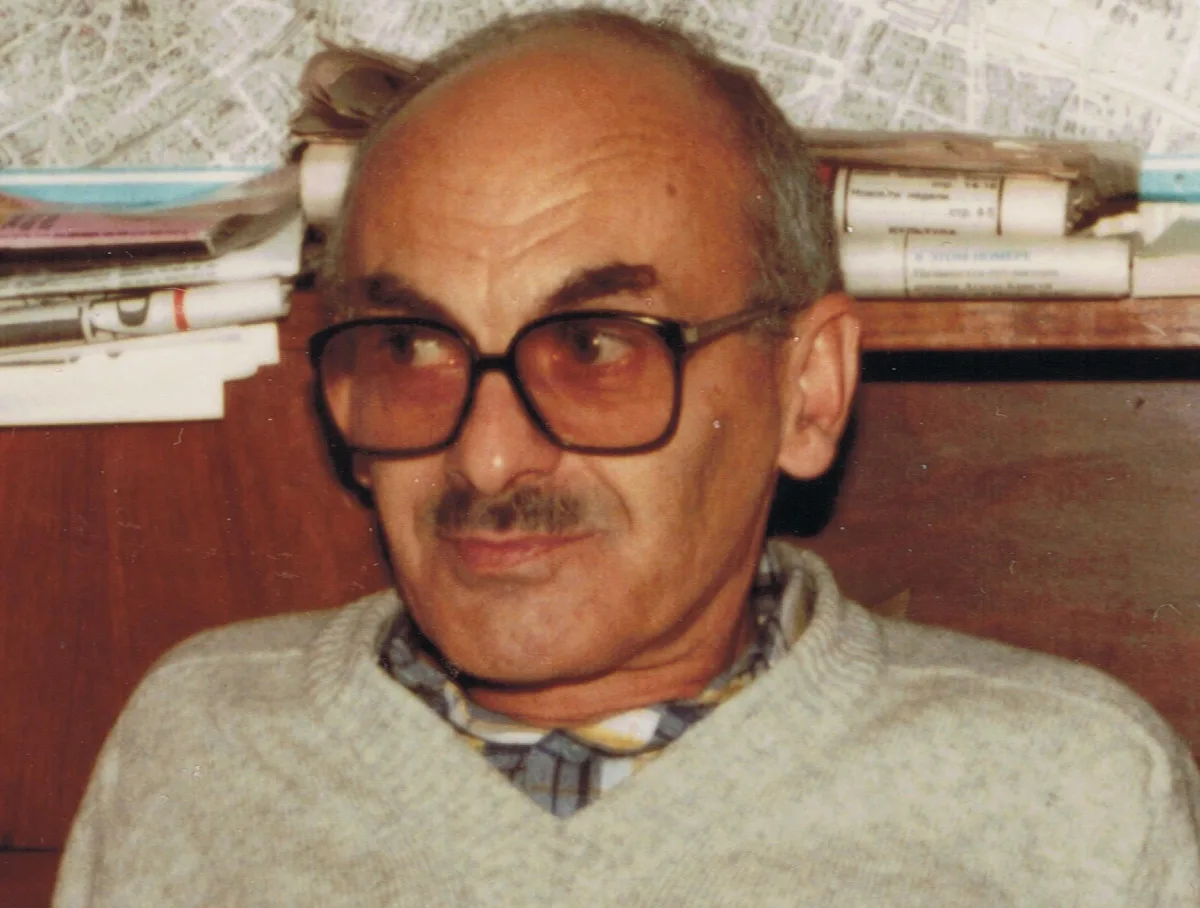For many years, the bard’s critical statement about his compatriots has been circulating on the Internet. We checked whether this attribution is correct.
It is alleged that the poet and composer Bulat Okudzhava in one of his interviews criticized the inhabitants of the USSR, saying: “We have degraded for seventy years, run wild. You know, there is a wonderful example from the Bible. When Moses led the Jews out of captivity in Egypt, he led them for forty years instead of five days, so that the generation that was slaves would die out and so that a people would appear free from the feeling of slavery. And we are not just slaves who suffer hardships, we are professional slaves who are proud of our slavery.”
This quote is distributed on literary sites (for example, the magazine-newspapers "Workshop") and on social networks. The statement gained particular popularity on Facebook, where it was mentioned in publications with 6800, 3400, 261 And 195 reposts. During the celebrations of the 100th anniversary of the bard's birth in May 2024, the quote again became viral among Internet users.
The inexperienced public associates Okudzhava with lyrical poems and songs that are far from politics and topical topics (“Your Honor, Lady Luck", "Hope little orchestra", "Let's exclaim", "Song about Arbat", "Sentinels of love"). The theme of the Great Patriotic War also occupies a prominent place in the bard’s work (songs “We need one victory", "Take your overcoat and let's go home", "Goodbye boys", "Song of the Moscow militias"). At 18 years old Okudzhava went volunteered for the front, which left an imprint on the rest of his life. Therefore, another stereotypical association with the poet is restrained patriotism conveyed through military lyrics. But in the quote being verified, a completely different mood is visible: the author describes the Soviet era as a period of degradation, and calls generations of Soviet people slaves.
Many posts on social networks say that the interview from which the quote was taken took place in 1991 in Donetsk. Apparently, this refers to Okudzhava’s performance at the local Yunost Palace of Culture on February 11, 1991, organized literary club "Return". An hour-long recording of this creative evening, which was shown on a local TV channel, preserved in the archives, and today it can be viewed at YouTube. However, the required words are not in this speech - Okudzhava did not say anything like that at that event.
A chronological analysis of publications on social networks shows that they all go back to the same source - article 2014 “Who are we? Why do we need this? Bulat Okudzhava and today's Russia." Its author is Vladimir Frumkin, musicologist and specialist in the work of the bard. This text, full of poetic and prosaic quotes, reveals to readers a completely different, late Okudzhava, who, in the era of glasnost, came out of his image of a contemplator and began to speak with extreme frankness and skepticism about the state and society: “God would not allow Ivan to pave the way on a tank,” “We still do not know how to respect the human person, we do not know how to see in it the highest value of life, and until all this is in our blood, nothing will not change, the psychology of Bolshevism will continue to destroy us and our children,” “We ourselves were no better than the fascists. We had the same fascist regime. But I didn’t understand it then.” There is also a quote in the article about professional slaves, which is accompanied by a reference to the same incorrect source - an interview from 1991 in Donetsk.
However, Okudzhava also had other interviews. In 1987, in a conversation with the journalist of the Moscow News newspaper Ilya Medov (No. 22 (360) of May 31), the poet, then still optimistic about society, stated:

Already in this answer there is an analogy about Moses and slavery. And four years later, in an interview with Ilya Milstein for the Ogonyok magazine (No. 19 (3329) for May 4–11, 1991), Okudzhava spoke about professional slaves:

It is not known for certain whether Okudzhava himself combined the two thoughts (about Moses and about professional slaves) or whether these passages were compiled by someone else (for example, Frumkin). However, there is no reason to doubt that both theses expressed in the viral quote were actually voiced by Okudzhava.
Cover photo: Wikimedia Commons
Read on topic:
If you find a spelling or grammatical error, please let us know by highlighting the error text and clicking Ctrl+Enter.






